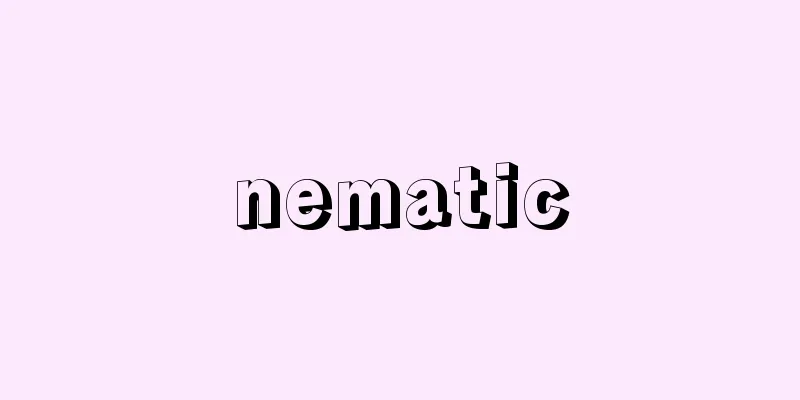Significant

|
…The functions of these similarity associations and proximity associations and the degree of correlation between them differ between everyday language and poetic language, and can also be related to the type of culture. Saussure considered a word to be a combination of an auditory image and a concept, or between what is meant (signifiant) and what is meant (signifié). This combination is arbitrary, and there is no need to call a desk a desk; it can also be called a desk (English) or a Tisch (German). … From Saussure…Language is a prism through which humans discontinuously transform continuous reality, and is nothing other than an arbitrary (= historical/social) Gestalt. Therefore, a linguistic sign is not a sign of an externally-located object, but is itself both a “sign expression” (signifiant) and a “signified” (signifié), and these two exist only on the premise of the existence of the other, and are produced together with the segmentation of the “sign” (signe). (Note that although these are not necessarily appropriate translations, due to the historical circumstances of the introduction of translations in Japan, the translations “nocitante” and “signifié” are sometimes used.) This is a fundamental criticism of the logocentrism that has dominated Western metaphysics since Greece, and this way of thinking can be said to have become the basis of cultural semiotics, which we will look at next.… *Some terminology explanations that mention "signifiant" are listed below. Source | Heibonsha World Encyclopedia 2nd Edition | Information |
|
…これら類似連合と接近連合の各働きと両者の相関のぐあいは,日常言語と詩的言語では異なるし,文化のタイプに関係づけられることもある。 ソシュールは語という記号が聴覚映像と概念,あるいは〈意味するもの(シニフィアンsignifiant)〉と〈意味されるもの(シニフィエsignifié)〉の結合と考えた。この結合の関係は恣意的であり,机を〈机〉と呼ぶべき必然性はなく,desk(英語),Tisch(ドイツ語)とも呼ぶことができる。… 【ソシュール】より…言語とは,人間がそれを通して連続の現実を非連続化するプリズムであり,恣意的(=歴史・社会的)ゲシュタルトにほかならない。したがって,言語記号は自らに外在する指向対象の標識ではなく,それ自体が〈記号表現〉(シニフィアンsignifiant)であると同時に〈記号内容〉(シニフィエsignifié)であり,この二つは互いの存在を前提としてのみ存在し,〈記号〉(シーニュsigne)の分節とともに産出される(なお,かならずしも適切な訳語とはいえないが,日本における翻訳紹介の歴史的事情もあって,signifiantには〈能記〉,signifiéには〈所記〉の訳語がときに用いられる)。これはギリシア以来の西欧形而上学を支配していたロゴス中心主義への根底的批判であり,この考え方が次に見る文化記号学,文化記号論の基盤になったと言えよう。… ※「signifiant」について言及している用語解説の一部を掲載しています。 出典|株式会社平凡社世界大百科事典 第2版について | 情報 |
<<: Signet ring (English spelling) signet ring
Recommend
Borrow, George (Henry)
Born: July 5, 1803, East Deerham Died: July 26, 18...
Alizarin - Alizarin (English spelling)
It is the main component of the pigment obtained ...
Spiral line - Uzumakisen (English spelling) spiral
A plane curve that goes around a single point is c...
Daphnia (water flea) - Daphnia
A general or common name for crustaceans in the or...
Stewart, L.
...He started playing the violin at the age of 13...
Phosphorylase
This enzyme phosphorylates the α-1,4-glycosidic bo...
Shannon, Claude Elwood
Born April 30, 1916 in Gaylord, Michigan [Died] Fe...
Lachaise, G. (English spelling) LachaiseG
...Around the end of the 19th century, academic n...
Littré - Littré (English spelling) Maximilien Paul Émile Littré
French medical historian, philosopher, philologis...
Chakkirako - Chakkirako
This is a Kota dance performed at the festival on...
San Francisco River (English spelling)
The river originates in the Canastra mountain rang...
Shimada [city] - Shimada
A city in central Shizuoka Prefecture. It was inco...
Kaho Kenpo - Kaho Kenpo
...Many of the works were excellent in content, a...
Azuma play costume - Azuma play costume
...The Utagata wears kariginu (hunting clothes). ...
Paper lantern - chochin
A lighting device for candles. It is a unique Jap...









![Takanosu [Hot Spring] - Takanosu](/upload/images/67cc1db1d7fb4.webp)